Wegmann Dazet’s Victoria Tecchie reminds organizations to review their federal funding award requirements, which can change frequently. With CARES Act funding, you might be subject to a single audit without ever having had one before. Both dollar-level criteria and each federal award program’s own requirements can lead you to a Single Audit. These awards may be subject to a Single Audit.
Your organization may have, along with many other businesses and nonprofits, received federal funding to assist with the financial burdens caused by the coronavirus pandemic. While these funds allowed your organization to tackle its financial worries, you may find yourself facing a different issue if you are not aware of the federal funding award requirements and reporting requirements that accompany those funds. According to USAspending.gov, the CARES Act provided approximately $2.08 trillion in financial relief, which is the largest amount ever passed in American history. Much, if not all, of this funding has been distributed in the form of “federal awards,” and these awards may be subject to a Single Audit.
What is a Single Audit? A Single Audit is an organization-wide audit of an entity’s financial statements and federal awards. A Single Audit is required under both Generally Accepted Auditing Standards (GAAS) and Generally Accepted Government Auditing Standards (GAGAS) when an entity expends $750,000 or more in federal funds in a fiscal year. The main objective of a single audit is to determine whether an entity is complying with the direct and material compliance requirements for each federal awarding program. This requires organizations both to maintain effective internal controls over federal programs, and to comply with federal statutes, regulations, and the terms and conditions of the specific federal awards. Be sure to check your specific federal funding award requirements.
For example, if your organization received funds through the Paycheck Protection Program (PPP), these are not subject to Single Audit Requirements, and would not be included in the $750,000 threshold. However, if you received funding like the Education Stabilization Fund (ESF) or Coronavirus Relief Fund (CRF), these funds are subject to Single Audit Requirements. Loans under the Economic Injury Disaster Loan (EIDL) program are also included in the category of federal financial assistance subject to Single Audit requirements. Check your funding awards to see if these awards may be subject to a Single Audit
If you received or plan to receive Covid-19 related funding, then discuss with your accountant or auditor the reporting requirements that you may be subject to. You may also refer to the 2020 U.S. Office of Management and Budget’s (OMB) Compliance supplement and the 2020 Compliance Supplement Addendum for guidance and requirements related to specific federal assistance programs. Again, the program rules can and often change.
Wegmann Dazet is here to assist organizations in taking action to prepare for potential surprise audits in the near future. One of the first steps an organization should take is to determine which funding programs are subject to Single Audit requirements. Be aware of your federal funding award requirements.
Organizations should know that if not done correctly, the process of undergoing a single audit can be very complicated and risky. It is important to consider, carefully, the impact of receiving federal financial assistance and to understand what is expected in order to stay in compliance with any federal awards.
Contact us at Wegmann Dazet to help your organization in preparing for the possibility of being audited.
- Preparing to Sell Your Business - March 27, 2023
- W-2 Employees or 1099-NEC Contractors? What are the Pitfalls if you Misclassify? - November 3, 2021
- Casualty Loss Summary - October 12, 2021


